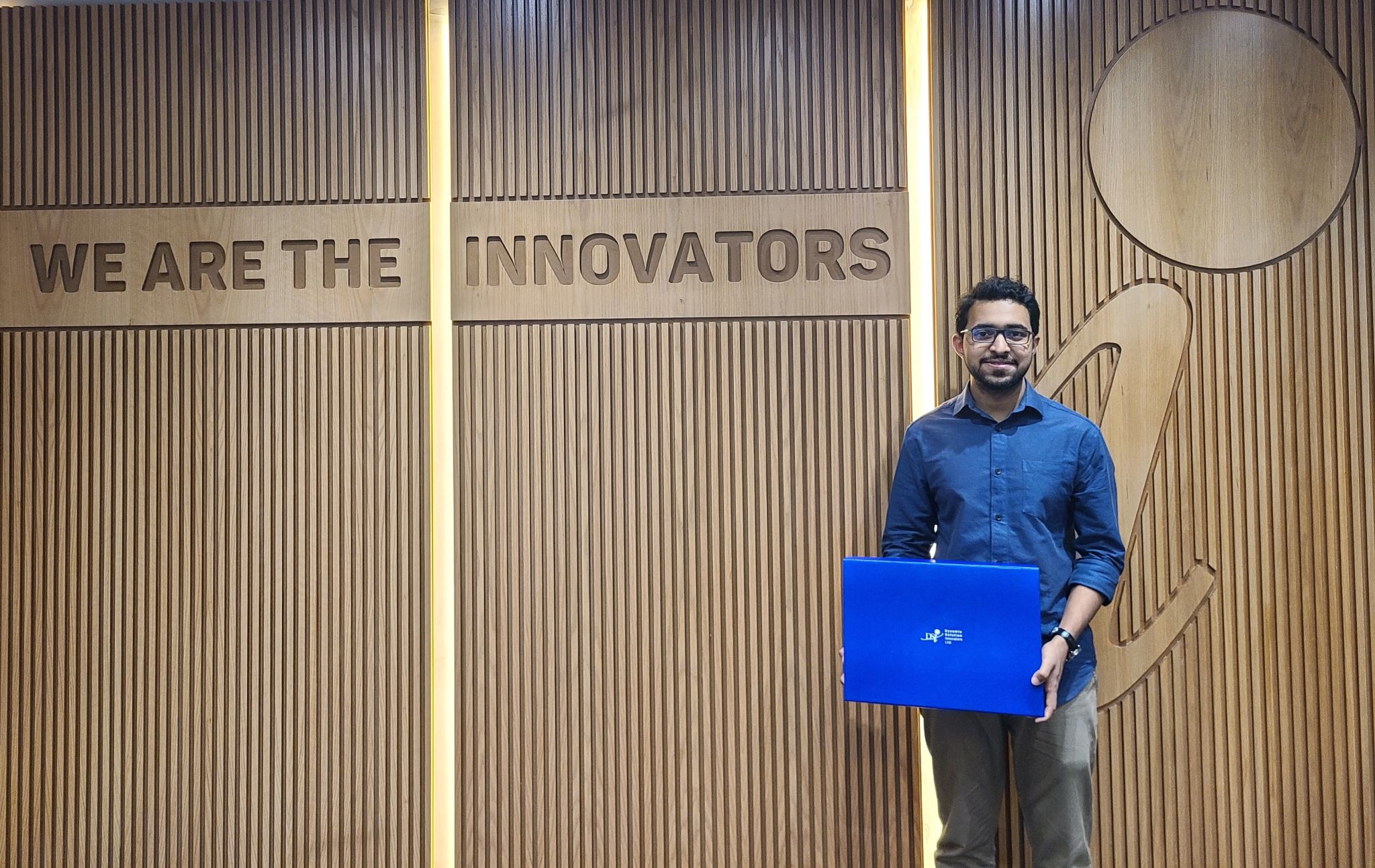Step-by-Step Guide to Cracking DSi's Hiring Process 🏆
A detailed walkthrough of my journey to becoming a Junior Software Engineer at Dynamic Solution Innovators Ltd., including tips for each stage of the recruitment process.
🎉 Step-by-Step Guide to Cracking DSi’s Hiring Process 🏆
Excited to share that I’ve started a new chapter in my career as a Junior Software Engineer at Dynamic Solution Innovators Ltd.! 🏃♂️💻
Let the rat race begin! 🚀
Since many of you often ask about recruitment processes, let me share my experience and some tips for landing a role like this:
📝 Application Process
I came across the job openings on their official website 🌐. While applying, I used a reference (from someone I knew) to strengthen my chances.
💡 Tip: Your CV should be minimal and precise. Only include skills and projects you are confident about—don’t overfill it with irrelevant details. A well-curated CV helps the hiring team focus on what you truly excel at.
While a reference is not mandatory, it can give your application an edge. If you don’t know anyone in the company, reach out to people on LinkedIn 🔗—your university seniors, professionals in your network, or even someone you admire. You’d be surprised how often people are willing to help if you ask politely!
⚙️ Recruitment Process
1️⃣ Written Exam
I received a call for a written exam worth 100 marks, divided as follows:
- Problem Solving: 45 marks ✍️
- OOP Concepts: 25 marks 💡
- Database: 25 marks 🗄️
- Miscellaneous Topics: 5 marks 🧐
Here’s a breakdown of the areas to focus on:
🧩 Problem Solving
The questions are basic-level, so if you’re comfortable solving Div2 A and B problems on platforms like Codeforces, you’ll be fine. These typically test your logical thinking.
💻 OOP Concepts
Most questions are Java-based. Be sure to understand:
- The use cases of inheritance (when and why to use it).
- The differences between abstract classes and interfaces, and why one might be preferred.
- Applications of key OOP principles like polymorphism and encapsulation.
📊 Database
Focus on:
- Basic SQL query syntax.
- Writing queries for table joins.
- The concept of normalization and how to normalize tables.
2️⃣ Technical Interview
About a month later, I was called for a technical interview. Typically, this interview is conducted by two people and lasts around an hour ⏰.
What to Expect:
📝 Written Exam Review:
The interviewers go through your written test paper and focus on areas where you struggled. Be ready to explain your thought process and correct mistakes.📄 CV-Based Questions:
They’ll ask about the skills and projects listed on your CV. Be prepared to discuss everything in detail—don’t include anything you’re unsure about.💡 OOP and Database Deep Dive:
Expect in-depth questions on Object-Oriented Programming (OOP) and database management. Focus areas include:- Practical use cases of inheritance, polymorphism, and abstraction.
- Writing real-world SQL queries and understanding normalization.
🤝 Honesty Matters
If you don’t know the answer, admit it directly. It’s better than bluffing. Interviewers appreciate honesty and might guide you to think through the solution instead.
3️⃣ Final Interview
Another month later, I had my final interview with the Director 👔. It was a mix of personal and technical discussions.
- The key here is to be humble and be yourself 😊.
- The Director asked about my background, hobbies, interests, and future aspirations.
- I was also asked to write code on paper and solve a few technical problems ✍️.
At the end of the interview, the Director congratulated me 🎉 and asked when I could join. He referred me to the HR team for the offer letter.
💡 Note: Sometimes, the Director gives a verdict right away, but it might take longer depending on the situation.
🔑 Key Takeaways
- Written Exam: Focus on the basics of problem-solving, OOP (especially Java-based concepts), and database queries.
- Technical Interview: Be prepared to defend your written answers and discuss your CV. Admit what you don’t know.
- Final Interview: Stay confident, humble, and genuine. Show clarity in both personal and technical discussions.
- CV and Reference: Keep your CV concise 📝 and, if possible, use a reference for an added advantage.
Wishing everyone the best in their job hunt! 🌟 Feel free to reach out if you need advice or tips. And keep me in your prayers! 🙏
